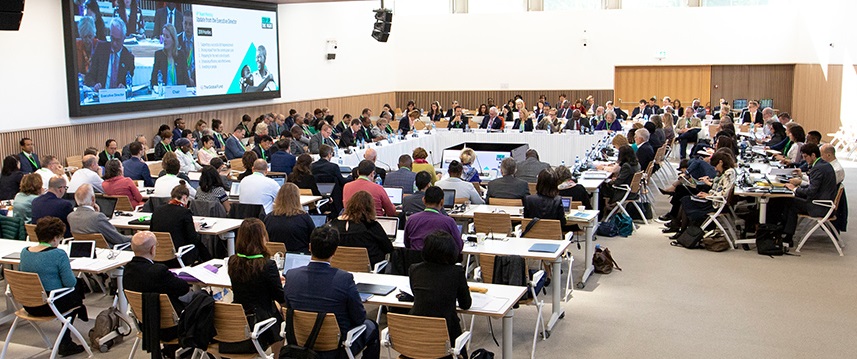During the 47th Global Fund Board meeting held from 10 –12 May 2022 in Geneva, the Board discussed and approved changes to the Global Fund’s Eligibility Policy and approved the allocation methodology for the 2023-2025 allocation period. The Global Fund’s Eligibility Policy spells out three main criteria the organization uses to determine countries’ eligibility to receive an allocation for one or more disease components – HIV, tuberculosis (TB), and malaria. The three determinants are:
- Countries with the highest disease burden.
- Those with the least economic capacity.
- Where key and vulnerable populations are disproportionately affected by the three diseases.
The Board approved changes to the Eligibility Policy on the first two of the main determinants: disease burden and income category.
Based on the changes to the Eligibility Policy, upper-middle-income countries are eligible for Global Fund malaria investments if there is documentation of artemisinin resistance and/or partner resistance to malaria drugs. Also, regardless of the disease burden UMI countries are eligible if they are small states but are not islands that qualify for International Development Association support.
The Board also approved the Strategy Committee and the Secretariat’s proposal to extend the eligibility of six components (grants) for the additional allocation of Transition Funding for the 2023-2025 allocation period. The six components are Armenia HIV, Guatemala TB and malaria, Guyana malaria, and Kosovo HIV and TB. The extension will allow the financing of important transition activities that are essential to support the countries’ move away from a reliance on Global Fund financing.
More information on the approved changes to the Eligibility Policy and 2023-2025 allocation methodology you may find following this link>>>.

